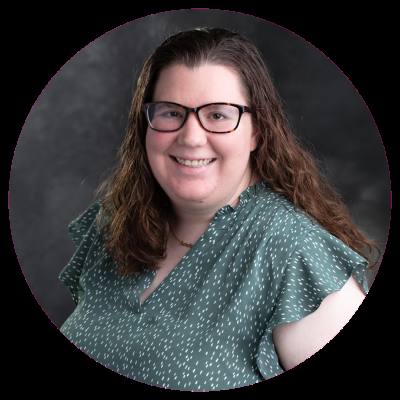The gist
The organization is a Federally Qualified Health Center that focuses on providing health care for low-income individuals through countywide clinics, including locations in Missouri City and Brookshire.
With the first Medical-Legal Partnership Outreach program in Fort Bend County, AccessHealth strives to bridge the gap between medical and legal issues, which can cause harm to an individual’s well-being, according to a May 3 news release.
The program is funded by a combination of grants from the Texas Bar Foundation and Episcopal Health Foundation, AccessHealth grant writer Hannah Gentry said in an email.
Digging in
Patients can connect with the medical-legal program by completing their social determinants of health form, which should be done every three months, said Danish Nelson, AccessHealth’s senior brand and marketing manager. The form collects information for the clinic on areas to best serve patients, including:
- Educational assistance and job training
- Housing and utilities
- Food and clothing
- Transportation
- Legal matters
Upon collecting the information from the form, clinic officials will connect patients with legal matters to the company’s internal lawyer, who can help lead clients in civil matters or connect them with Houston Volunteer Lawyers, a group of lawyers providing free legal services, Nelson said.
The program aims to service individuals in health- and well-being-related civil matters, including:
- Landlord and tenant disputes
- Family issues, such as custody proceedings and property damages
What they’re saying
Medical-legal partnerships create a more comprehensive, preventative and equitable health care system, Gentry said.
“As the legal needs of our community are still prevalent and minority populations are also disproportionately impacted by legal barriers to a healthy life, the [medical-legal partnership] allows us to work towards removing the nonmedical barriers which impact our community members,” she said.
Looking ahead
The Medical-Legal Partnership Outreach program is expected to launch in June or July, Nelson said.





